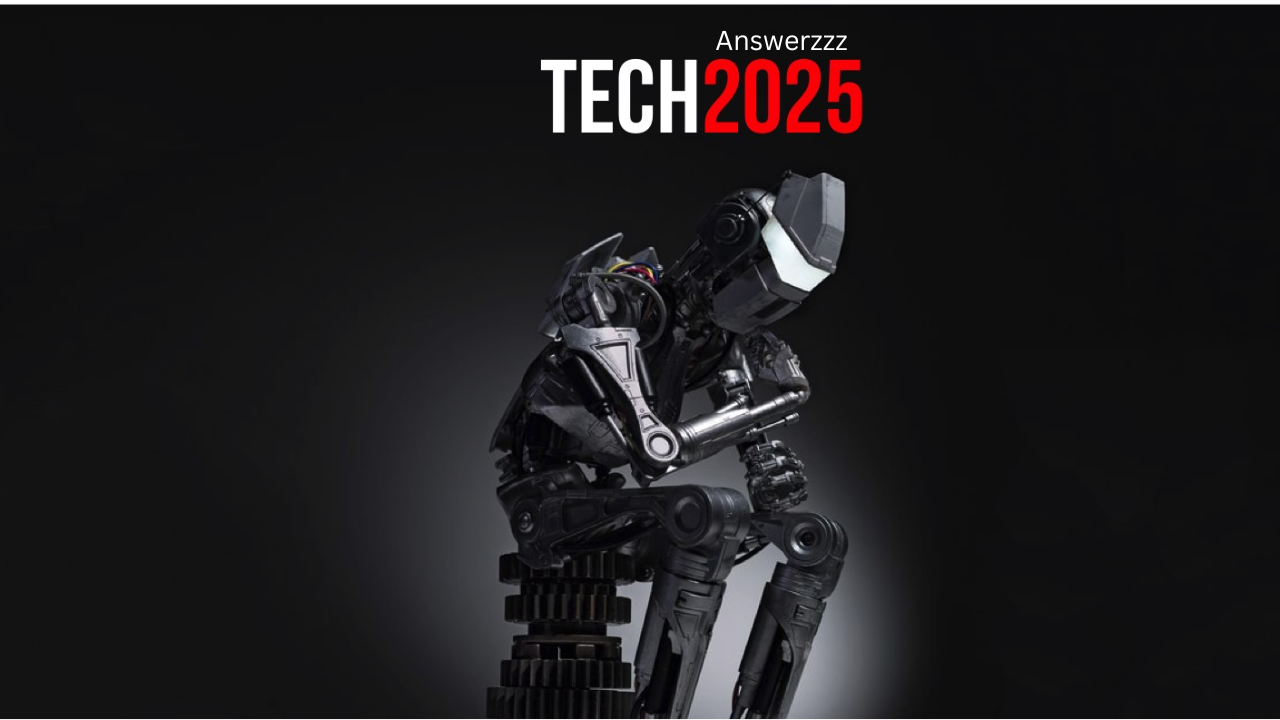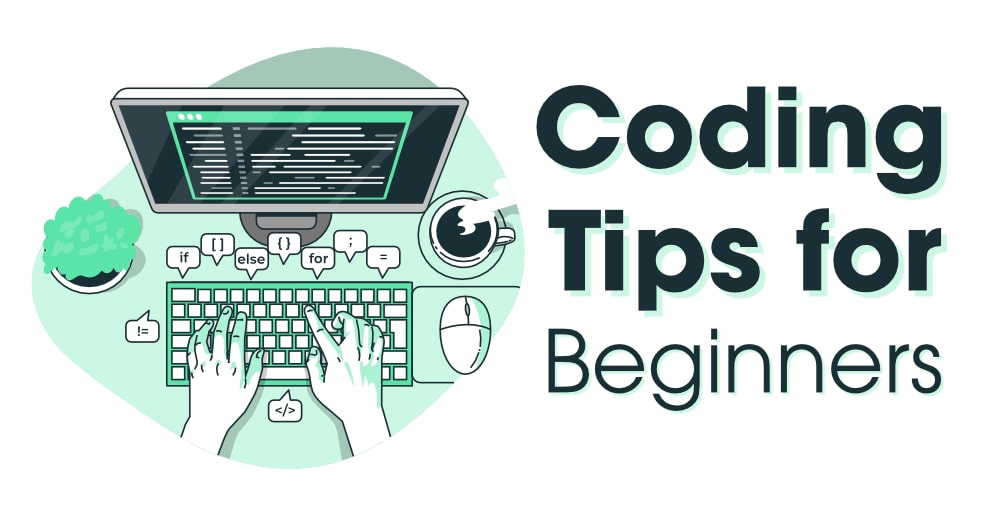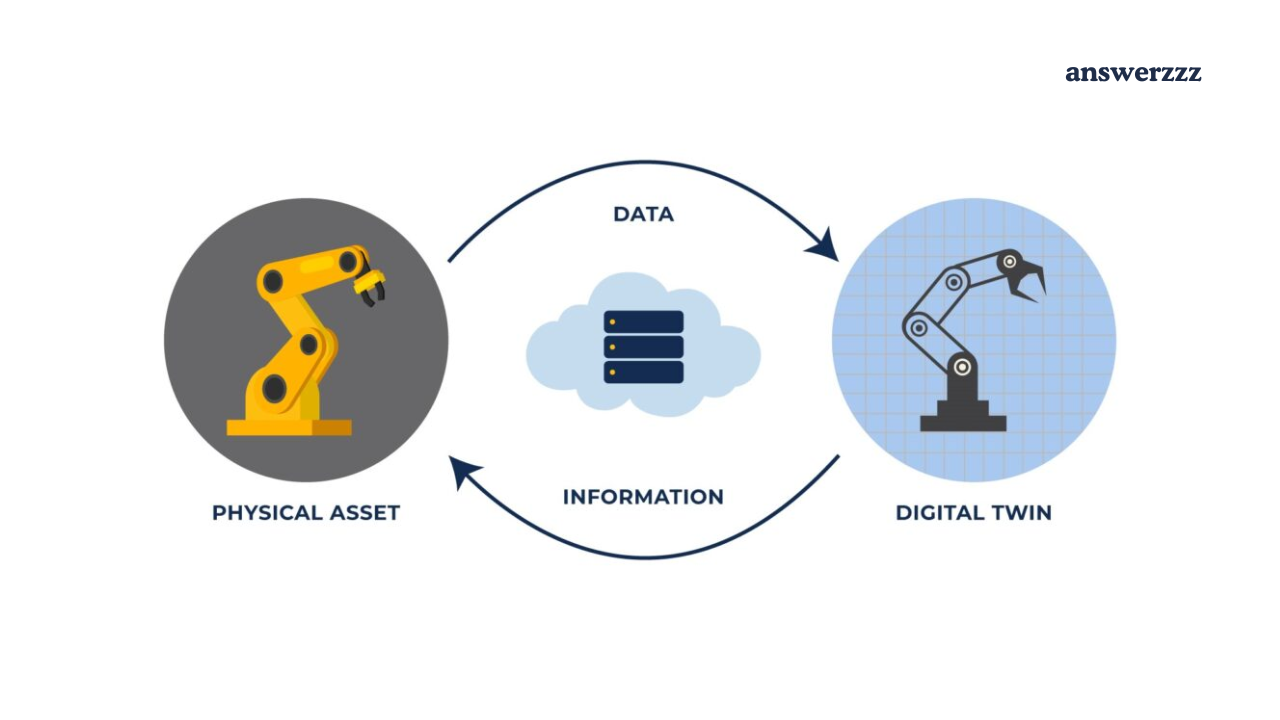As we approach 2025, the technological landscape is undergoing an exciting transformation that promises to reshape how we live, work, and interact with the world. The next wave of innovation is not just about incremental improvements or niche advancements; it’s about bold, paradigm-shifting technologies redefining industries, economies, and societies. From artificial intelligence (AI) and quantum computing to 5G connectivity, biotechnology, and augmented reality (AR), the innovations we will experience in 2025 will have far-reaching implications. This article explores the most transformative technologies emerging over the next few years and what they mean for you, whether you’re a consumer, a business owner, or a professional in any field.
The Rise of Artificial Intelligence: AI as a Daily Companion

Artificial intelligence has already permeated various aspects of our lives, from virtual assistants like Siri and Alexa to recommendation algorithms on streaming platforms. However, by 2025, AI will evolve into something far more integrated and indispensable. The development of more sophisticated machine learning algorithms and natural language processing (NLP) models will allow AI to perform tasks that were once solely the domain of humans—creativity, decision-making, and even emotional intelligence.
What Does This Mean for You?
- Enhanced Productivity: AI will automate routine tasks in the workplace, allowing professionals to focus on more creative and strategic activities. This shift will result in greater productivity and efficiency, whether you’re in finance, healthcare, or any other sector.
- Personalized Experiences: From shopping to healthcare, AI will provide hyper-personalized services. Imagine walking into a store where the AI recognizes you and offers recommendations based on your past purchases, or receiving healthcare advice tailored precisely to your genetic makeup.
- Smarter Homes and Cities: AI-driven smart homes will go beyond controlling lights and temperature. They will optimize your daily routines, improve energy efficiency, and even predict your needs before you articulate them. Similarly, AI will be crucial in managing smart cities, optimizing traffic flow, waste management, and energy distribution.
Quantum Computing: The Next Frontier of Computational Power
Quantum computing is one of the most anticipated technologies of the coming decade. Unlike traditional computers, which process data in binary (0s and 1s), quantum computers can process multiple states simultaneously, enabling them to solve complex problems that were previously unsolvable. By 2025, we expect quantum computing to move from theoretical research into practical applications, albeit still in its early stages for most users.
What Does This Mean for You?
- Revolutionizing Industries: Quantum computing will have a profound impact on industries like pharmaceuticals, materials science, and cryptography. For example, drug discovery will be accelerated as quantum computers can model molecular interactions at an unprecedented scale. In materials science, we will discover new materials with properties optimized for specific uses, like ultra-strong and lightweight materials for construction.
- Improved Security: Quantum computing will lead to advancements in cryptography, both in terms of breaking current encryption methods and creating quantum-resistant algorithms. As a consumer, this will enhance the security of online transactions and personal data, although it will also prompt the need for new cybersecurity measures.
5G and Beyond: A Hyper-Connected World
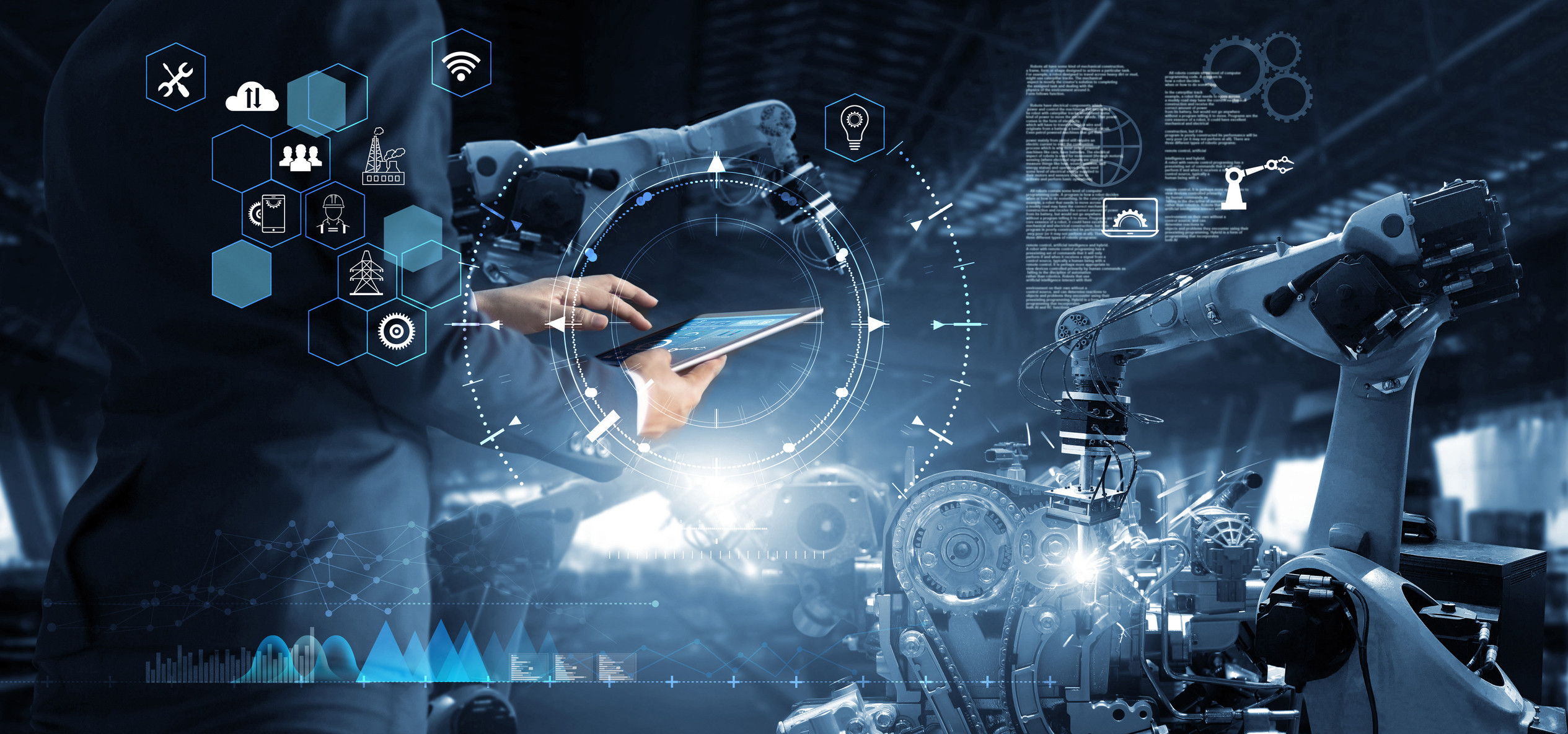
5G, the fifth generation of mobile networks, is already rolling out globally, but by 2025, it will be fully operational in most regions. Offering speeds up to 100 times faster than 4G, 5G will enable instantaneous communication between devices and drive innovations in areas like autonomous vehicles, the Internet of Things (IoT), and remote healthcare.
What Does This Mean for You?
- Autonomous Vehicles: One of the most exciting applications of 5G will be in transportation. The low latency of 5G networks will enable autonomous vehicles to communicate with each other and with smart infrastructure, such as traffic lights, in real-time. This will lead to safer roads, less traffic congestion, and a more efficient transport system.
- Healthcare at Your Fingertips: 5G will enable real-time remote healthcare services, including virtual doctor visits, remote surgery, and real-time monitoring of vital signs using wearables. This will democratize access to healthcare, especially in remote or underserved regions.
- Seamless IoT Integration: The proliferation of IoT devices—from smart thermostats to connected appliances—will accelerate with the widespread adoption of 5G. Your home will be able to respond more intelligently to your lifestyle, and cities will use connected sensors to optimize everything from public safety to resource management.
Biotechnology: A New Era of Health and Human Enhancement
The next wave of biotech innovations will redefine what it means to be human. Advances in gene editing technologies, such as CRISPR, as well as breakthroughs in regenerative medicine and personalized healthcare, will give individuals more control over their health and longevity. By 2025, we expect to see major strides in the treatment of genetic diseases, as well as the enhancement of human capabilities.
What Does This Mean for You?
- Gene Editing and Personalized Medicine: CRISPR technology will allow scientists to edit genes with increasing precision, offering potential cures for hereditary diseases such as cystic fibrosis and muscular dystrophy. Furthermore, personalized medicine will become more common, as treatments can be tailored to an individual’s genetic profile, making therapies more effective and reducing side effects.
- Longevity and Anti-Aging: Advances in regenerative medicine, including stem cell research and tissue engineering, may significantly extend human lifespan. Shortly, it could be possible to regenerate damaged tissues and organs, reversing the effects of ageing and enhancing overall health.
- Biohacking and Human Augmentation: Beyond treating diseases, biotechnology will also offer opportunities for human augmentation. Whether it’s enhancing cognitive abilities, improving physical endurance, or interfacing directly with digital devices, biohacking may become a mainstream pursuit for those looking to push the boundaries of human performance.
Augmented Reality (AR) and Virtual Reality (VR): Merging Physical and Digital Worlds
AR and VR technologies are set to evolve dramatically by 2025. Augmented reality will overlay digital information on the physical world, enriching the way we interact with our surroundings, while virtual reality will offer fully immersive experiences. These technologies will go beyond gaming and entertainment, infiltrating education, healthcare, and even social interactions.
What Does This Mean for You?
- Immersive Learning: In education, AR and VR will create immersive learning environments where students can experience historical events, explore distant planets, or perform virtual surgeries. This will enhance both engagement and retention of knowledge.
- Revolutionizing Workplaces: The office of 2025 will look very different, thanks to AR and VR. Virtual workspaces will allow remote teams to collaborate in real-time as if they were in the same room, and augmented reality tools will assist workers in industries like manufacturing and healthcare by overlaying critical information onto their field of vision.
- New Social Experiences: Social media and communication will take on new dimensions. VR will create digital spaces where people can meet, interact, and socialize in a fully immersive environment, while AR will allow for new forms of communication that blend physical and digital realities.
Renewable Energy and Sustainability: Technology for a Greener Future
As climate change becomes an increasingly pressing issue, the next wave of innovation will focus heavily on sustainability. Renewable energy technologies, such as solar and wind power, will see significant advancements in efficiency and cost-effectiveness, while energy storage solutions will enable better integration of renewables into the grid.
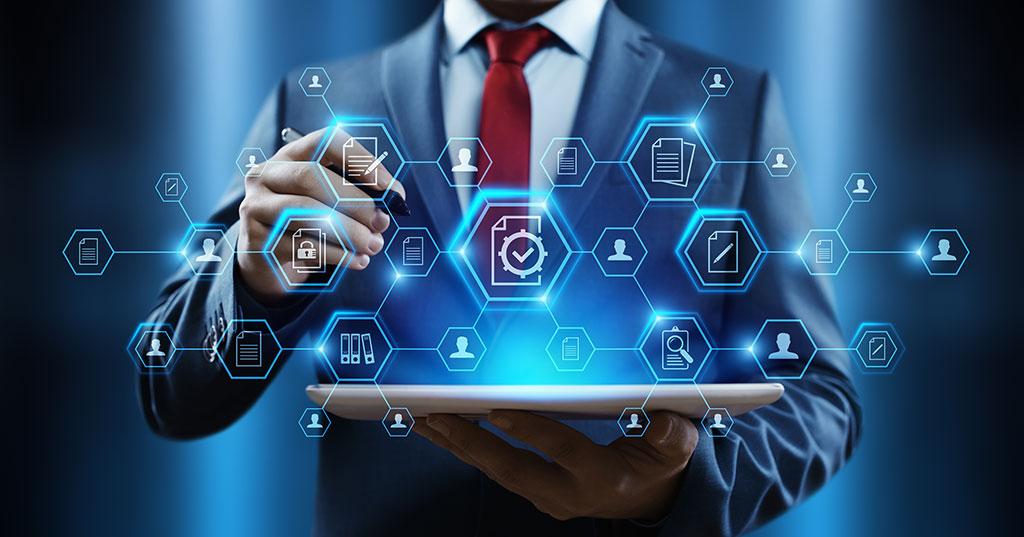
What Does This Mean for You?
- Affordable Clean Energy: By 2025, renewable energy sources will be more affordable and accessible to the average consumer. Solar panels and wind turbines will become more efficient, and energy storage technologies like advanced batteries will make it easier to store and use renewable energy when needed.
- Sustainable Products and Practices: Consumers will have more choices when it comes to sustainable products, as businesses embrace eco-friendly practices. From clothing to electronics, expect to see more products made from recycled or biodegradable materials, as well as an increase in circular economy models that promote reuse and recycling.
- Greener Cities: Smart cities will use technology to reduce energy consumption, optimize waste management, and improve air quality. Innovations such as energy-efficient buildings, electric public transportation, and AI-driven urban planning will contribute to a more sustainable and livable environment.
The Impact on Employment: Navigating the Future of Work
One of the most significant effects of technological advancement will be its impact on the job market. Automation, AI, and other emerging technologies will change the nature of work, creating new opportunities while making some traditional roles obsolete.
Exploring the Impact of Mobile Gaming on the Gaming Industry
What Does This Mean for You?
- New Skill Requirements: As automation takes over routine tasks, the demand for workers with advanced technical skills will increase. Jobs in AI, machine learning, data science, and cybersecurity will be in high demand, making reskilling and continuous learning essential for staying relevant in the job market.
- Remote Work and Flexibility: The COVID-19 pandemic accelerated the shift to remote work, and this trend will continue into 2025. Thanks to advancements in communication and collaboration tools, more professionals will have the flexibility to work from anywhere, leading to a more global and decentralized workforce.
- Gig Economy Expansion: Technology will further enable the gig economy, offering more opportunities for freelance and project-based work. Platforms that match freelancers with employers will become more sophisticated, making it easier to find work and manage careers independently.
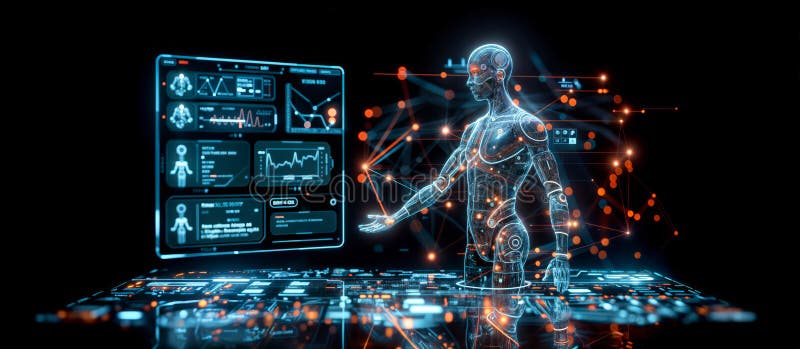
Preparing for the Future
As we approach 2025, the next wave of technological innovation will bring about profound changes in every aspect of our lives. Whether it’s AI enhancing our productivity, quantum computing solving previously insurmountable challenges, or renewable energy driving sustainability, these innovations will reshape how we live and work. While the changes may seem overwhelming, they also present unprecedented opportunities for growth, creativity, and improvement.
To thrive in this rapidly evolving landscape, individuals and businesses must stay informed, adapt to new technologies, and continuously develop their skills. By embracing the future with curiosity and flexibility, we can harness the power of technology to create a better, more connected, and more sustainable world. The future is bright, and 2025 is just the beginning.
